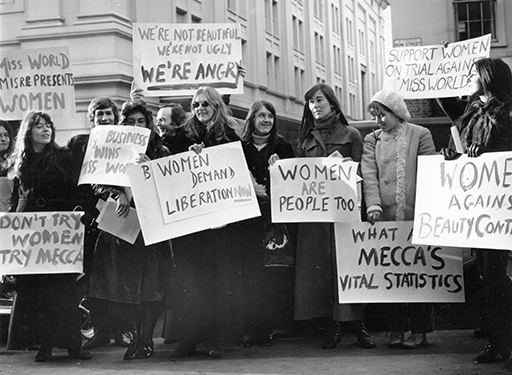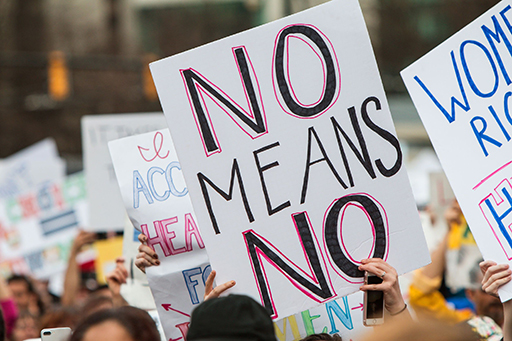3 Social change for health and wellbeing?
There is no such thing as a single-issue struggle because we do not live single-issue lives.
The social model highlights how important it is to recognise that health is intricately related to the society in which people live. The model also allows for the influence of culture on how illness is understood, treated and avoided. It follows that social policy can have a fundamental impact on women’s health and wellbeing. But more than that, social policies affect access to healthcare services, as well as the type of services that are available. For example how legislation varies across the United Kingdom, meaning that Northern Ireland is one of only two regions in Europe where abortion effectively remains illegal (Malta being the other) (Galway and Mallon, 2018). (See the article Abortion ban in Northern Ireland likely to worsen mental health crisis [Tip: hold Ctrl and click a link to open it in a new tab. (Hide tip)] .)
Some social and cultural practices and beliefs can undermine the resilience and aspirations of women in a way that has very little to do with the underlying biomedical issue they may be facing. All of this can negatively influence an individual’s sense of wellbeing and recovery in ways that are equal in impact to the physiological or mechanical fix that might come through a biomedical intervention. This section addresses the impact of social and cultural context on health and wellbeing by exploring selected pertinent issues in women’s health.


